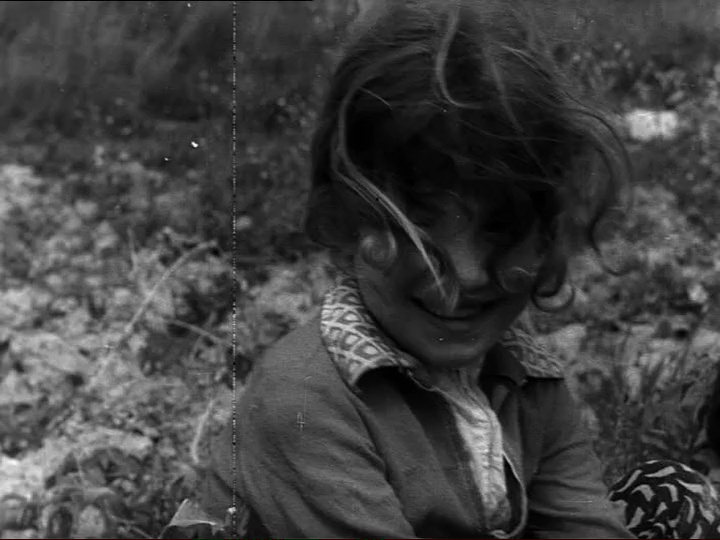
In a rolling area of Syria, the villagers live their everyday life, in toil and poverty. Trapped between the hardships of farming, religious and political ideologies, they barely survive. Their children are the only ones that are still full of hope. They imagine their future lives and picture themselves as doctors or engineers. But these are pipe dreams. All they can actually look forward to is farming the land with primitive tools like their parents, getting a menial job in the city or becoming brainwashed soldiers.
EN
“[...] Drawing on his intimate knowledge of sectarian and regional specificities, Mohammed parodies the emptiness and tedium of official discourse, at the same time lamenting the beautiful but ultimately unlivable countryside. Overrun with petty familial disputes and patriarchal violence, rural life offers no refuge, even while collective fantasies of national belonging have themselves been reduced to vapid slogans – devoid of the hope or sense of community that animated the early days of post-colonial rule. These themes – patriarchal violence and rural disrepair, in particular – also motivate Mohammed’s stunning and brave first film, Khutwa, Khutwa [Step by Step] (1979), an experimental work he completed for his MA in Moscow. In this first major effort, Mohammed blurred the conventional boundaries between documentary and fiction, producing a poetic tour de force whose aesthetic and political sensibilities have continued to inspire new generations of Syrian filmmakers.”
Lisa Wedeen1
- 1Lisa Wedeen, “Ossama Mohammed: Resilience and poetic creativity against all odds,” Universes in Universe, February 2016. Published in the 2015 Prince Claus Awards Book, an annual publication on the year’s laureates.

